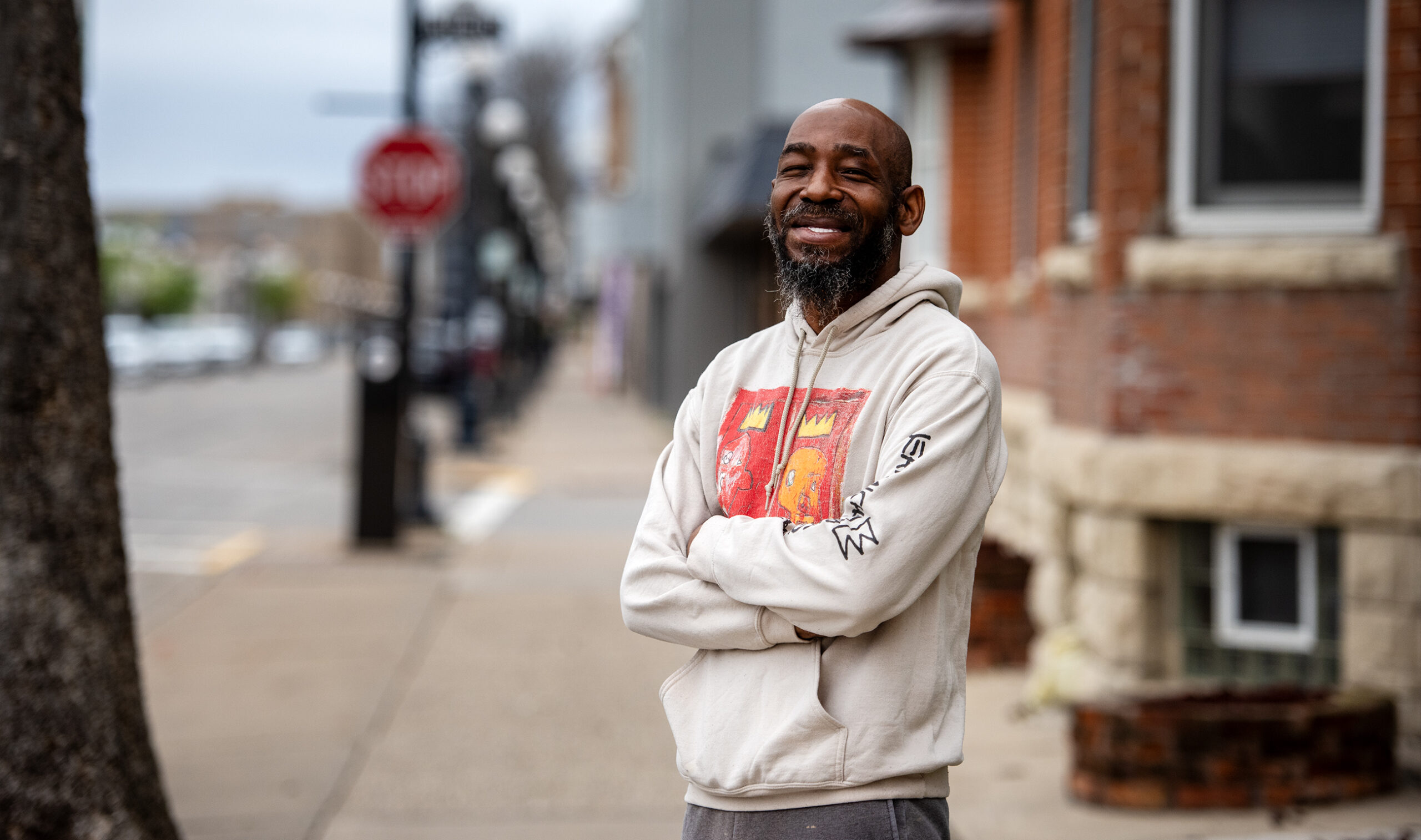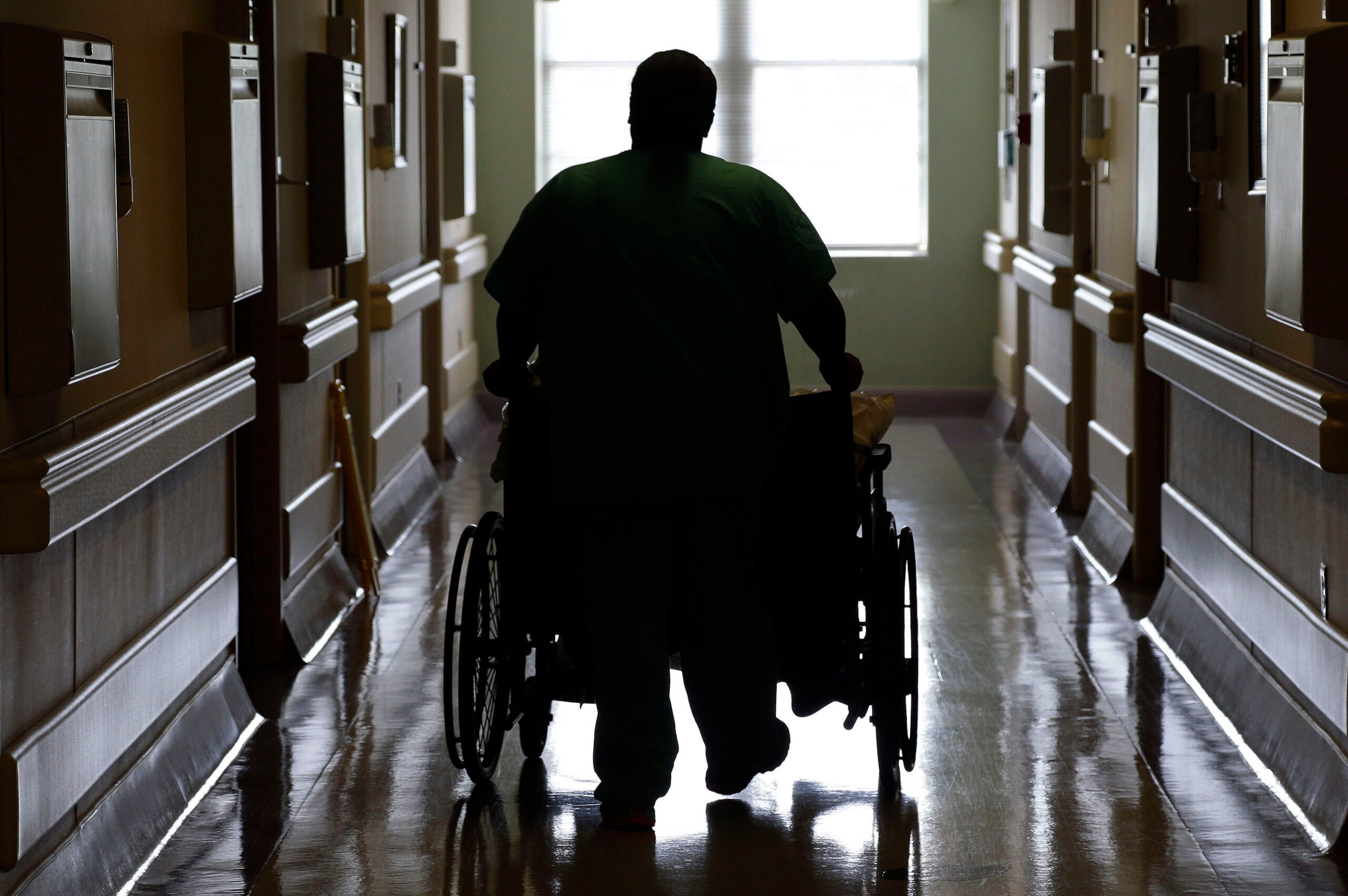The number of Wisconsin seniors over age 65 is expected to nearly double by 2035, and facilities that provide long-term care say society has to figure out a better way to pay for it.
State health officials are bracing for a big bill when baby boomers can’t take care of themselves any longer.
“We know the numbers of elderly are going up more rapidly than number of children being born,” Department of Health Services Secretary Kitty Rhoades said. “Somewhere in the state budget there’s going to come a point where long-term care expenditures will probably outweigh K-12 (expenditures). That’s going to be an interesting situation and it’s going to be a huge philosophical shift within many official’s mindset”
Stay informed on the latest news
Sign up for WPR’s email newsletter.
Some say Medicaid won’t be able to keep up with senior’s needs in the future, and private long-term care insurance hasn’t taken off.
Tom Lutzow is president of iCare, which provides long-term care services. He says private long-term care insurance has generally failed because usually the person needing it is unable to afford it, especially if they’re old and the cost is higher. Lutzow says the whole family should chip in early on, as with the college savings program known as EdVest:
“The long-term care insurance program needs to develop something like that where everybody is saving for grandma,” he said. “The sons and daughters are saving, the grandchildren are saving because grandma needs a better life, and what is that going to look like?”
Tom Moore, who heads the Wisconsin Health Care Assocation, doesn’t think that would work. He says because of loopholes, Medicaid sometimes pays long-term care expenses for those who could afford it. Without changes, he says, private long term care insurance may be a tough sell.
Wisconsin Public Radio, © Copyright 2024, Board of Regents of the University of Wisconsin System and Wisconsin Educational Communications Board.






